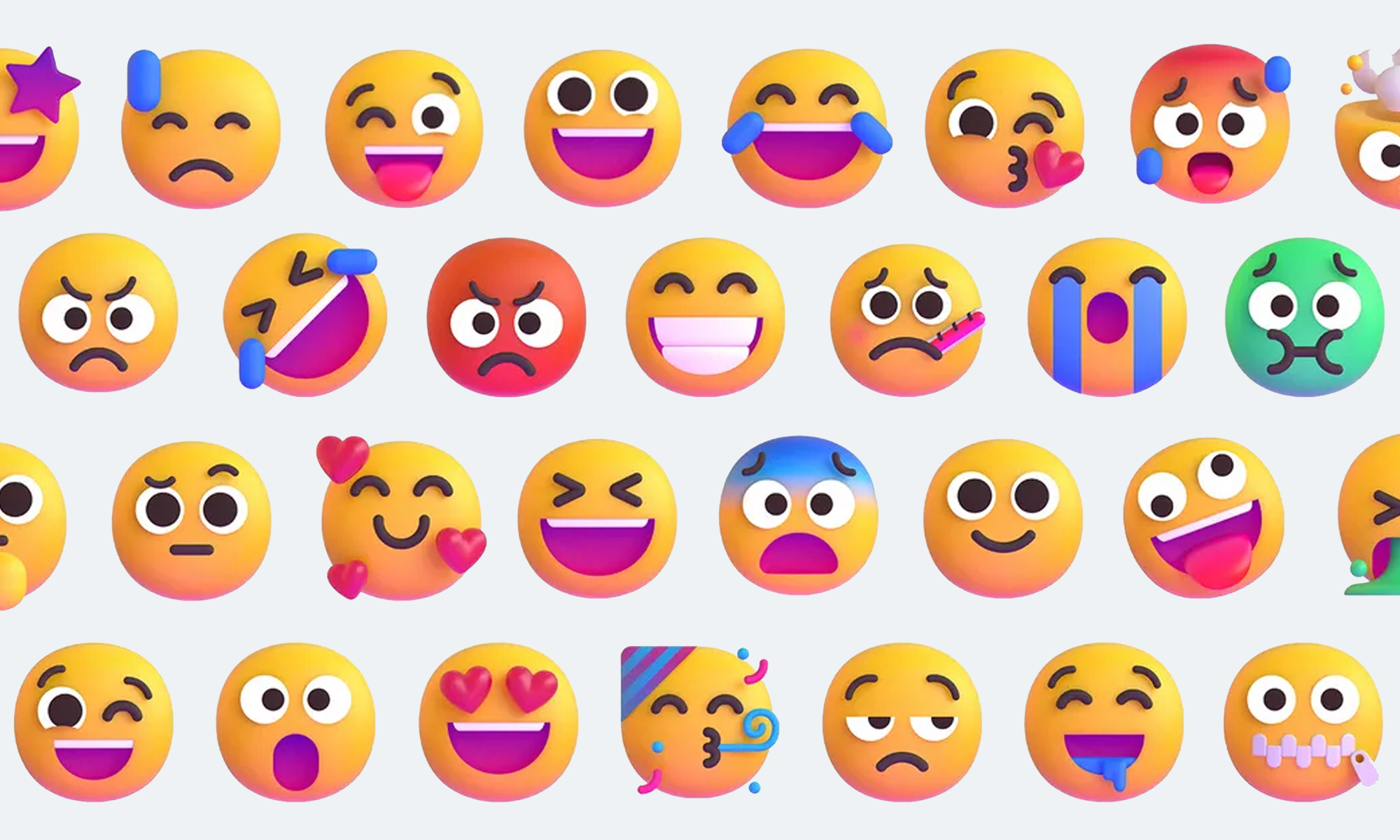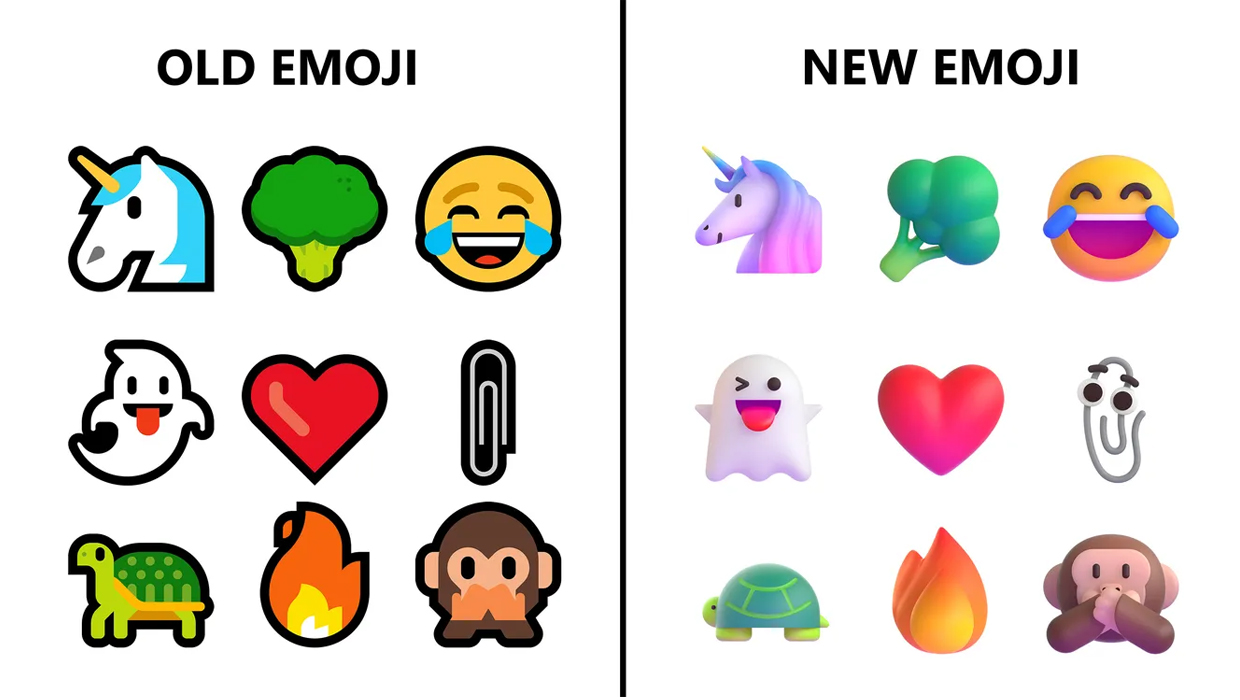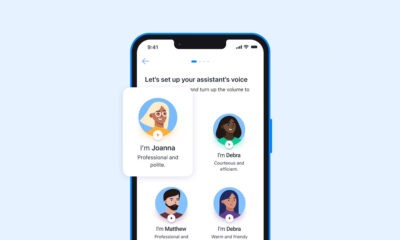News
Microsoft Is Resurrecting Clippy With Its New 3D Emoji
All new emoji are rendered in beautiful 3D, and the majority of them are animated to make them even more fun to use.

Remember Clippy, the whimsical paperclip assistant included in older versions of Microsoft Office? Well, Clippy is back. Well, kind of.
Microsoft understands that most people were happy to see the interactive animated character disappear from their office suite of choice. Still, the company’s designers just couldn’t resist included it in the refreshed set of 1,800+ emoji that will soon make its way into Windows, Office, and other Microsoft 365 products, including Teams.

All new emoji are rendered in beautiful 3D, and the majority of them are animated to make them even more fun to use when instant messaging with friends, discussing work with colleagues, or planning the new next family get-together.

“Body language, subtle forms of humor, or environmental conditions — while we can see and respond to those cues those in-person, the loss of them in digital contexts impacts our communication greatly. With emoji, however, a few pixels can telegraph our thoughts and feelings in ways that are fun, clear, and emotionally resonant,” Claire Anderson, Art Director & Emojiologist at Microsoft, commented the role emoji have come to play in our modern lives.
The design principles that guided the look and feel of Microsoft’s new emoji revolve around emotional honesty and playfulness. The goal is to empower all users of Microsoft products to express themselves as openly and naturally as possible, even when separated by borders or even entire continents.
Also Read: Windows 11 Is Coming: Here’s What To Expect
Microsoft’s design principles are based on a substantial body of research suggesting that play encourages innovation. It will be interesting to see how the users of Microsoft products from around the world will put the new emoji set to use. Perhaps, it will really help them unlock their creative potential and nurture stronger relationships with the people they communicate with on a regular basis.
News
Samsung Smart Glasses Teased For January, Software Reveal Imminent
According to Korean sources, the new wearable will launch alongside the Galaxy S25, with the accompanying software platform unveiled this December.

Samsung appears poised to introduce its highly anticipated smart glasses in January 2025, alongside the launch of the Galaxy S25. According to sources in Korea, the company will first reveal the accompanying software platform later this month.
As per a report from Yonhap News, Samsung’s unveiling strategy for the smart glasses echoes its approach with the Galaxy Ring earlier this year. The January showcase won’t constitute a full product launch but will likely feature teaser visuals at the Galaxy S25 event. A more detailed rollout could follow in subsequent months.
Just in: Samsung is set to unveil a prototype of its augmented reality (AR) glasses, currently in development, during the Galaxy S25 Unpacked event early next year, likely in the form of videos or images.
Additionally, prior to revealing the prototype, Samsung plans to introduce…
— Jukanlosreve (@Jukanlosreve) December 3, 2024
The Galaxy Ring, for example, debuted in January via a short presentation during Samsung’s Unpacked event. The full product unveiling came later at MWC in February, and the final release followed in July. Samsung seems to be adopting a similar phased approach with its smart glasses, which are expected to hit the market in the third quarter of 2025.
A Collaborative Software Effort
Samsung’s partnership with Google has played a key role in developing the smart glasses’ software. This collaboration was first announced in February 2023, with the device set to run on an Android-based platform. In July, the companies reiterated their plans to deliver an extended reality (XR) platform by the end of the year. The software specifics for the XR device are expected to be unveiled before the end of December.
Reports suggest that the smart glasses will resemble Ray-Ban Meta smart glasses in functionality. They won’t include a display but will weigh approximately 50 grams, emphasizing a lightweight, user-friendly design.
Feature Set And Compatibility
The glasses are rumored to integrate Google’s Gemini technology, alongside features like gesture recognition and potential payment capabilities. Samsung aims to create a seamless user experience by integrating the glasses with its broader Galaxy ecosystem, starting with the Galaxy S25, slated for release on January 22.


























